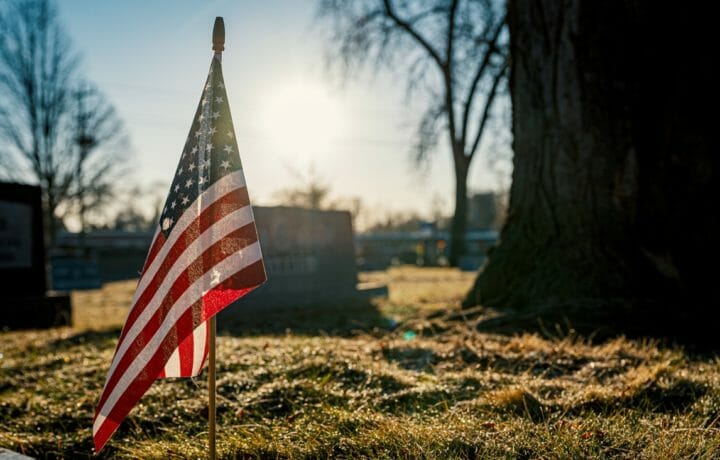Sometimes the best intentions create unexpected (and undesirable) results. Case in point – the recent 85/15 Rule change. The rule itself is not new – it has been in effect since the 1950s. What it said (until recently) is that the VA cannot pay for the education of students enrolled in programs where more than 85% of students have their tuition supported by the VA or the college itself.
The recent change to the Rule is in the language of what is now considered a “supported student”. Prior to the change, the VA defined a supported student as “any student receiving VA benefits”, i.e. the GI Bill.
However under the 85/15 Rule change, a supported student would now be defined as “any student who gets a scholarship grant from their school, who is granted a waiver or tuition and fee forgiveness, or any student using a payment plan”. So now that adds a large number of non-veteran students that now fall under the 85/15 Rule that previously would not have been included before the change.
What the 85/15 Rule Means
This in effect means if a school is at the maximum number of students they can have under the new 85/15 Rule, veterans who want to use their GI Bill could not enroll at that school (as well as non-veteran students falling under the Rule).
What is interesting is the statutory guidance defining the 85/15 Rule -Section 3680 of Title 38 United States Code (USC) did not change. The VA’s intent is believed to be part of their campaign to impact on predatory schools trying to get veterans to enroll with the end result being to increase the amount of money coming into the school from students using the Post 9/11 GI Bill.
While any initiative that prohibits preying on veterans is worthy, many feel (including some in Congress) changing the 85/15 Rule is not the way to go about it. At least one would hope the intent of the VA was to not prevent veterans from using their GI Bill.
On November 12, Sen. Jon Tester (D-MT) – Chairman, Senate Committee on Veterans’ Affairs, Sen. Jerry Moran (R-KS) – Ranking Member, Senate Committee on Veterans’ Affairs, and Rep. Mark Takano (D-CA) – Chairman, House Committee on Veterans’ Affairs sent the VA Secretary Denis McDonough a letter requesting in part:
- To provide a list of schools and/or programs that have been suspended under the new guidance.
- Why the VA changed its guidance on the 85/15 Rule when the statutory language in section 3680 of title 38, United States Code, did not change?
- What training and communication has been provided to schools on how to implement this new guidance?
- If students are activated by the Guard or Reserve during their academic term, will they be unable to return to their educational program if it drops below the 85/15 ratio during their activation?
- What resources is VA providing to school certifying officials to ask questions and gain clarification about the new guidance?
The letter included a suspense date of a reply back to Congress NLT December 1. The VA’s response (if there was one) has yet to be released to the press.


